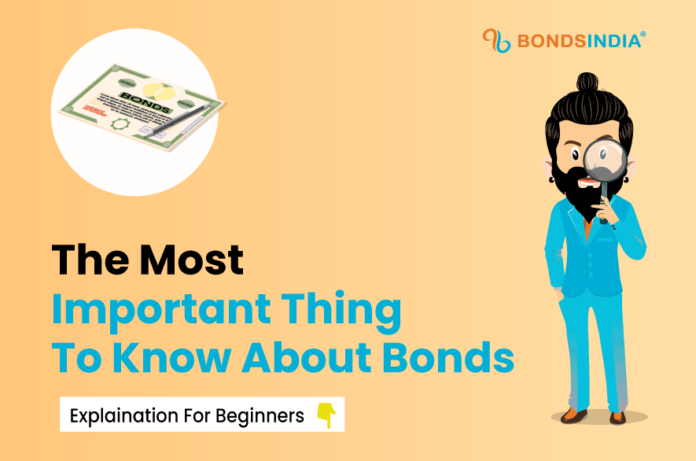When it comes to investing, there is one thing that most people know about bonds: the rates of return. While interest rates are really important and a huge factor in any investment decision, the article goes into some detail about what else bonds can provide you with.
What is a bond?
A bond is an investment that helps you earn a return on your money. Bonds are also a way to protect yourself from potential financial losses. When you buy a bond, you are lending money to the issuer (the company that issues the bond) for a set period of time, usually between one and ten years. Your bond will pay you periodic interest payments, which means your money will be growing while it’s invested in the bond.
A bond is a type of financial security that pays periodic interest and is typically issued by a government, corporation, or other organization. Bonds are used to finance projects or activities and can provide a return on investment.
Why Invest in a Bond
A bond is a type of financial security that pays you a fixed return, usually in the form of interest, every month. When you invest in a bond, you are lending money to an entity like a company or a government and you expect them to pay you back with interest at some point in the future. Bonds are considered one of the safest investments because they offer stability and modest returns.
There are two main reasons to invest in bonds: diversification and capital preservation. By owning multiple types of bonds, you increase your chances that your money will be able to grow at different rates while also providing some level of safety. If there is ever a crisis and the value of stocks falls, bonds may still be worth something because they tend to hold their value better than other assets. Finally, by keeping your money invested in bonds, you are reducing your risk of losing all of it in case of an unexpected financial emergency.
The Benefits of Buying Bonds
If you’re looking to invest in something that offers stability and guaranteed returns, then buying bond may be the right option for you. Here are some of the most important benefits of buying bond:
-Bond offer a consistent return over time. While stock prices can fluctuate drastically, bond prices tend to move relatively slowly, providing investors with a predictable return on their investment.
-Bonds are a conservative option. Unlike stocks, which can be risky and volatile, bonds are typically considered a safe investment, providing steady returns with few risks.
-Bond provide safety and liquidity. Because bond are backed by the government or other organizations, they tend to be liquid investments – meaning you can easily sell them if you need to cash out. This is an advantage if you plan on using your bond proceeds for short-term needs (like paying off debt), as you won’t have to worry about fluctuations in the market affecting your ability to access your money.
Risks to Buying Bonds
Bonds offer investors the opportunity to receive periodic payments while also carrying a certain level of risk.
There are a few things to keep in mind when buying bond, including the type of bond, the maturity date, and the coupon rate.
The main types of bond are government bonds, corporate bond, and municipal bond Each offers different benefits and risks. Generally, government bonds have lower yields than corporate or municipal bonds, but they are more stable. Corporate and municipal bond offer higher yields but also come with greater risk. If the company goes bankrupt, corporate bonds can be risky. As a result of falling property values, municipal bonds may not be as safe as corporate bonds.
The maturity date is also important to consider when buying bond. The duration of bond holdings tends to be shorter than that of stocks or other investments. For example, a two-year bond would mature in two years, while a 10-year bond would maturing in 10 years. The coupon rate is also important to consider when buying a bond. This is the interest rate that is paid on the bond each month. It is
How to Buy Bonds and the Costs associated with it
Bonds are one of the most common forms of investment. Individuals and entities typically buy them to lock up their money for a period of time. There are a few things that you should know about bond before you buy them.
It is first important to understand how much it costs to buy and hold bonds. It will depend on the bond that you buy, as well as the interest rate at the time. You can find information about interest rates on the websites of individual banks or brokerages.
Another thing to consider when buying bond is the duration of the bond. When it comes to bond duration, it refers to how long a bond will last before maturing. When sold before maturity, a short-term bond will yield a lower return than a long-term bond. Make sure you understand what you’re buying before you purchase a bond, so do your research.
